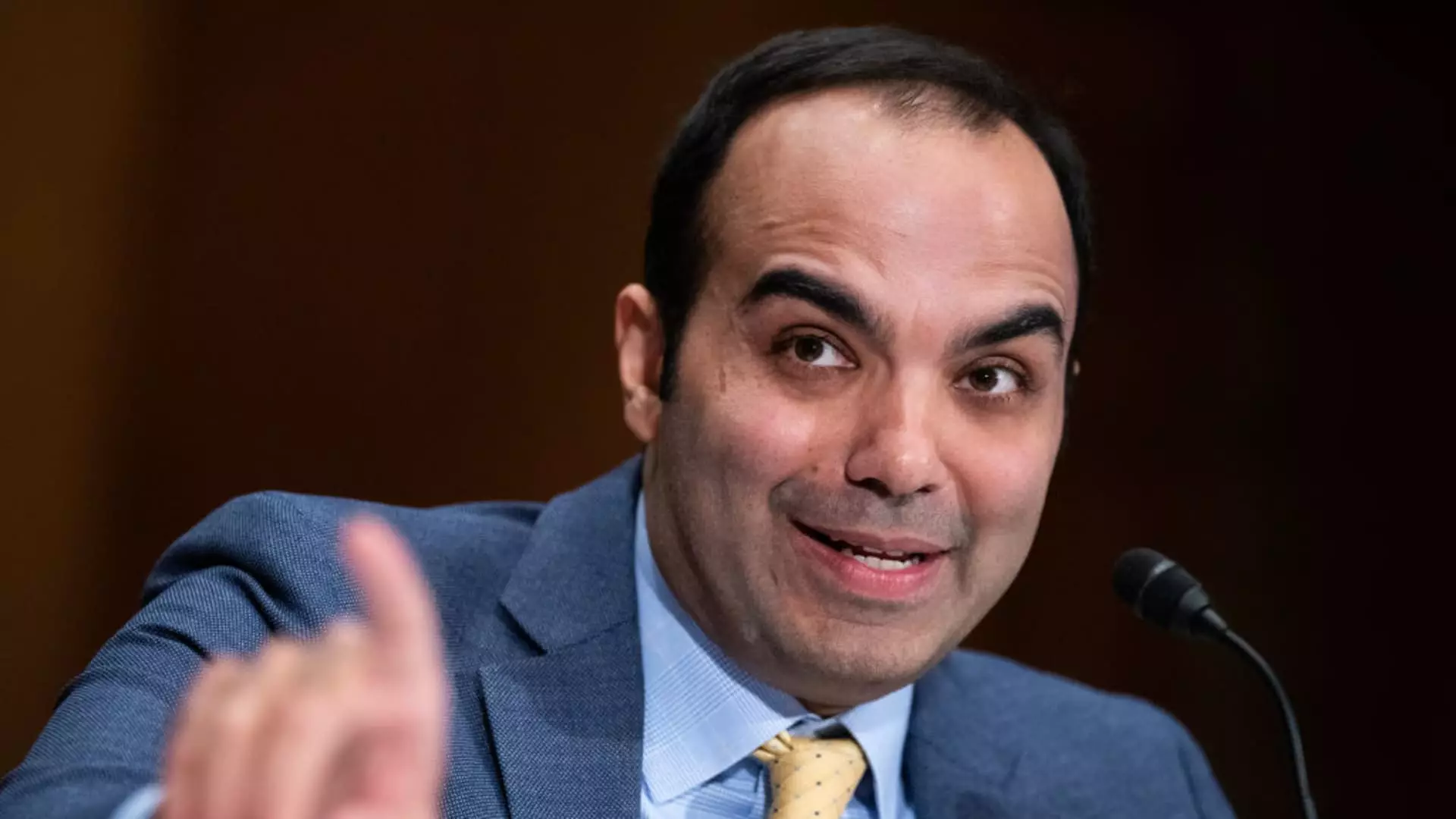In a significant move, the Consumer Financial Protection Bureau (CFPB) has initiated a lawsuit against the operator of the widely-used Zelle payment network along with three major U.S. banks—JPMorgan Chase, Bank of America, and Wells Fargo. The core of the allegations asserts that these financial institutions failed to adequately probe fraud complaints reported by customers and neglected their duty to reimburse victims of fraudulent transactions. Since Zelle’s inception in 2017, reports indicate that customers have suffered losses exceeding $870 million in fraudulent activities. This substantial figure raises critical questions about the commitment of these banks to consumer protection and their role in enabling a payment system that appears to lack robust security measures.
Zelle, facilitated by Early Warning Services, stands out as one of the largest peer-to-peer payment platforms in the United States. Its appeal lies in the speed and convenience it offers, allowing users to transfer money almost instantaneously to others, including businesses. However, amidst its rapid growth, Zelle has seemingly struggled to implement necessary safeguards for its users, leaving many vulnerable to scams. CFPB Director Rohit Chopra’s comments underscore this concern, suggesting that the haste to compete with other payment applications may have compromised the platform’s security measures.
Chopra’s statement highlights a deeper issue in the financial industry; the rush to innovate without rigorous examination of consumer protections can lead to a fertile ground for fraudsters. This represents a growing challenge as digital payments become more prevalent in our economy. The current landscape necessitates a balance between innovation and consumer safety, and the CFPB’s lawsuit brings this issue to the forefront.
In response to the lawsuit, Zelle has vehemently defended its practices, asserting the effectiveness of its anti-fraud measures and reimbursement policies, which they describe as industry-leading. Zelle spokeswoman Jane Khodas characterized the CFPB’s lawsuit as “meritless,” suggesting that Zelle is committed to combating fraud and supporting its users. However, such assertions prompt a critical examination of whether these policies are truly effective or if they merely serve as a veneer to obscure deeper systemic issues.
This legal battle could have profound implications for the future of digital payment services in the U.S. If the CFPB’s claims are substantiated, it may lead to increased regulatory scrutiny and necessitate significant changes in how payment platforms like Zelle manage fraud and customer protections. Additionally, this case could serve as a wake-up call for other financial entities to reassess their fraud prevention strategies and customer service protocols.
This lawsuit against Zelle and its parent banks marks a pivotal moment for consumer finance regulation at a time when digital payment systems are increasingly favored. The CFPB’s actions could herald a new era of accountability for fintech companies, prompting a reassessment of existing policies and the implementation of more comprehensive security measures. The outcome of this lawsuit will not only affect Zelle but could also influence the broader fintech landscape as it continues to evolve. As consumers increasingly rely on digital payments, ensuring robust protections against fraud must be at the forefront of innovation efforts. Ultimately, this scenario underscores the delicate balance between facilitating technological advancements and safeguarding consumer interests in an ever-changing financial ecosystem.

